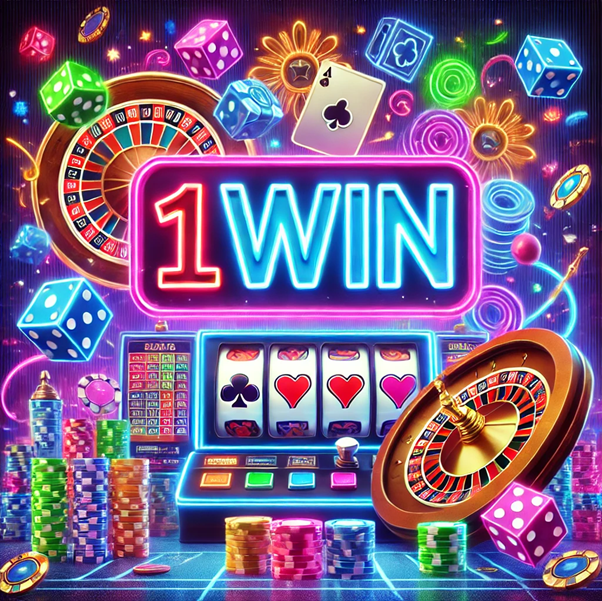Card games have always walked a fine line between skill and chance. Whether you’re drawing a game-winning combo in Magic: The Gathering or bluffing your way through a game of poker, the thrill of uncertainty is a key ingredient. Interestingly, the same gambling mechanics that power casinos like luck, risk and calculated betting have subtly influenced the evolution of trading card games (TCGs). This overlap is especially clear when comparing elements of TCGs with classic casino games found on platforms like Lucky Hands casino, where strategy and chance collide in exciting ways.
Luck: The Core of Card Games
No matter how strategic a game might be, chance plays an unavoidable role in every TCG. From your initial opening hand to the top deck in a final turn, randomness is built into the experience.
Games like Yu-Gi-Oh! and Magic: The Gathering include specific mechanics that lean into this randomness. Consider cards like Krark’s Thumb in MTG, which revolves entirely around coin flipping—a direct homage to gambling-style mechanics. Similarly, cards like Time Roulette in Yu-Gi-Oh! simulate the suspense and unpredictability found in games of chance.
This isn’t coincidental. The satisfaction of winning a risky play creates a dopamine hit very similar to what gamblers feel after a lucky spin. It's no surprise that players often describe pulling the perfect card as feeling like “hitting the jackpot.”
Casino Mechanics That Made It Into TCGs
Several gambling elements have made their way into TCG mechanics over time:
1. Coin Flips and Dice Rolls
Coin flip mechanics are the most obvious example, appearing in cards like Goblin Assassin or Fiery Gambit in MTG. Dice rolls have become more prominent with sets like Adventures in the Forgotten Realms, directly inspired by Dungeons & Dragons (another system that relies on chance). These mimic the random results seen in casino games like craps or roulette.
2. Risk and Reward Design
Many TCG cards follow a risk-reward pattern: play a high-risk card that could swing the game in your favor or backfire. This mirrors the thrill of placing a big bet at a table game. A great real-world example of this is the high-stakes excitement at Lucky Hands casino, where players often take calculated risks for significant rewards, just like you would with a game-changing combo in a card battle.
3. Bluffing and Hidden Information
Poker players aren’t the only ones who bluff. TCG veterans know the power of a well-timed bluff, holding back a counterspell, or representing lethal damage you don’t yet have. The psychological duel that happens in a casino card room plays out in every high-level TCG match, too.
Gambling in the Early Days of TCGs
In fact, Magic: The Gathering once featured a now-banned mechanic called “ante,” where players wagered a card from their deck before the match began. Whoever lost the match gave up their card, effectively turning MTG into a mild form of gambling. While this was eventually phased out for ethical and legal reasons, it shows just how closely the worlds of gambling and TCGs were intertwined, even from the beginning.
The Psychology of Chance
Whether it’s spinning a roulette wheel or drawing from your deck, there’s a powerful psychological effect tied to randomness. Known as the “variable ratio reward system,” this mechanic is used in both casinos and TCGs to keep players engaged. Booster packs, in particular, play on this principle.
Opening a pack of cards is strikingly similar to pulling the handle of a slot machine: you never know what you're going to get, and the rare cards are few and far between. This thrill of uncertainty is what keeps many players coming back for more. Online platforms like Lucky Hands casino utilize similar principles, offering a blend of luck-based outcomes and strategy-based games to keep users engaged.
Skill Still Matters
Despite all this talk of randomness and chance, don’t be fooled, skill is still king in both TCGs and gambling. In poker, professional players rely heavily on probability, reading opponents, and strategic decision-making. Likewise, a strong TCG player can often overcome bad draws with good planning, deck building and smart plays.
Understanding odds, managing resources, and knowing when to take calculated risks are skills that translate seamlessly between casinos and card game tournaments. Many top-level players even use tools like win-rate calculators or hypergeometric probability to increase their chances of success, whether it’s drawing a land or making the right call at a blackjack table.
Conclusion: Two Worlds, One Strategy
The world of casinos and TCGs may seem miles apart, but they share more DNA than most players realize. From the thrill of random chance to the satisfaction of outsmarting an opponent, both rely on a fascinating mix of skill, luck and psychology.
So next time you flip a coin in MTG, bluff your way through a Yu-Gi-Oh! duel, or open a booster pack hoping for that legendary pull, remember that the mechanics behind those moments have deep roots in classic casino gameplay.
And if you're curious to see where that thrill originated, Lucky Hands casino offers an exciting look into the world of chance, strategy and big plays, just like your favorite card games, but with real stakes.










— Comentarios 0
, Reacciones 1
Se el primero en comentar